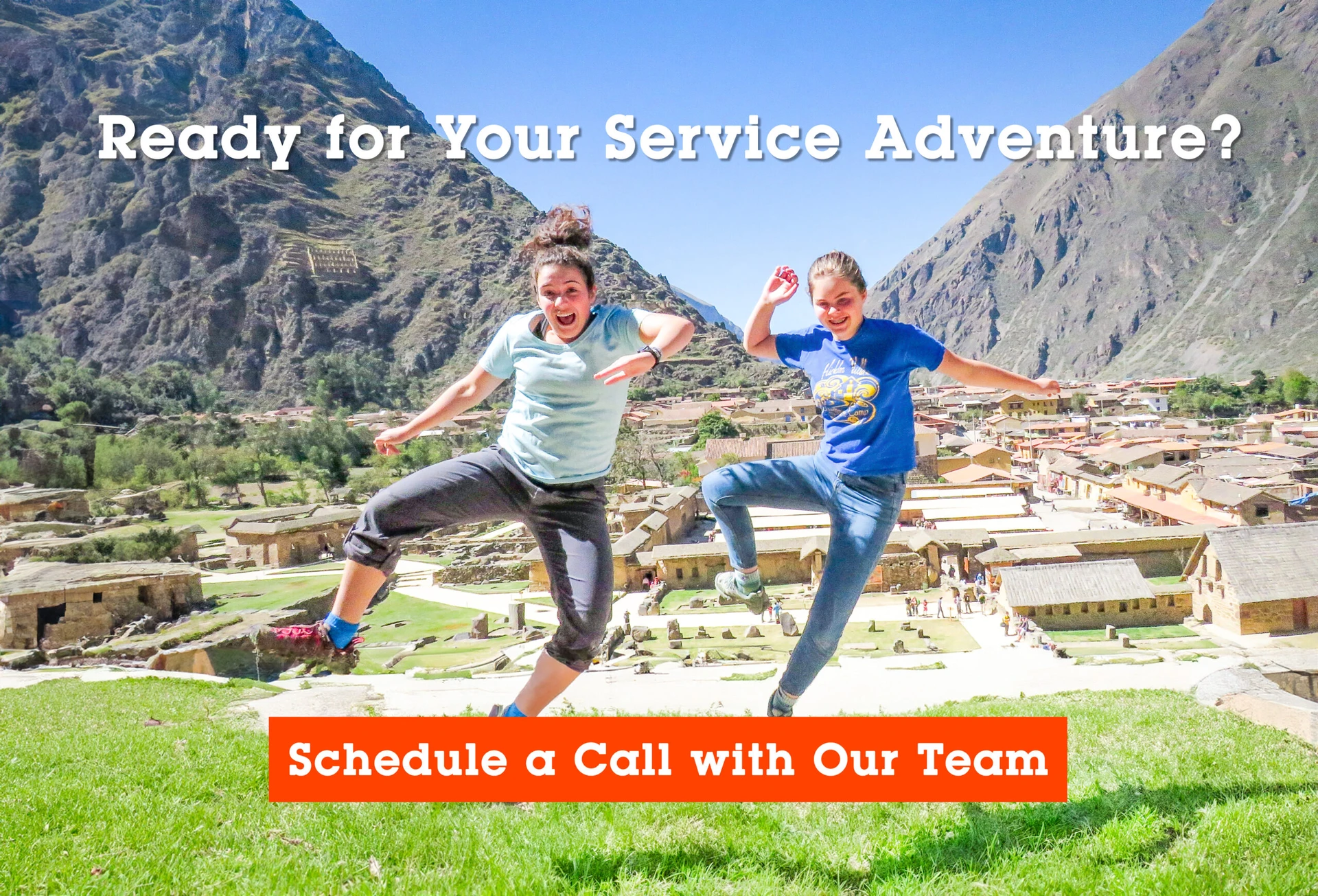VISIONS inspires young people to develop their own sense of purpose through volunteer service work, cross-cultural exploration, off the beaten path adventures, and connecting to the natural world.
DEVELOP YOUR OWN VISION THROUGH:
- Engaging with different people in novel contexts
- Participating in significant and meaningful service projects
- Forming genuine relationships with new friends
- Putting your talent and passion to action
Since 1988
We’re different
VISIONS builds communities of teens, leaders and local people who support each other while working toward shared goals and supporting community needs. The experience builds character and changes lives.
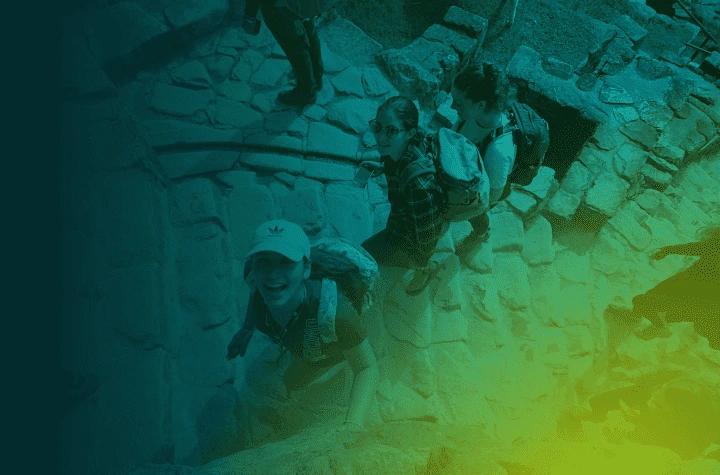
You are Mindful
You will accomplish things you never imagined, all while gaining leadership skills, resilience and self-confidence. You’ll get a glimpse of a future version of yourself—and it will inspire you.
You are family
You don’t just visit—you belong. You’ll live, work and play like a true community member, connecting with local people and being part of something real.
You are an explorer
You’ll explore amazing places and connect with beautiful landscapes. You’ll dive into a different way of life, fully experiencing it, and keeping your heart and mind wide open for everything it offers.
Your impact
VISIONS teen volunteers and local partners have built more than 1,500 structures and provided countless hours of animal welfare, environmental and social service.
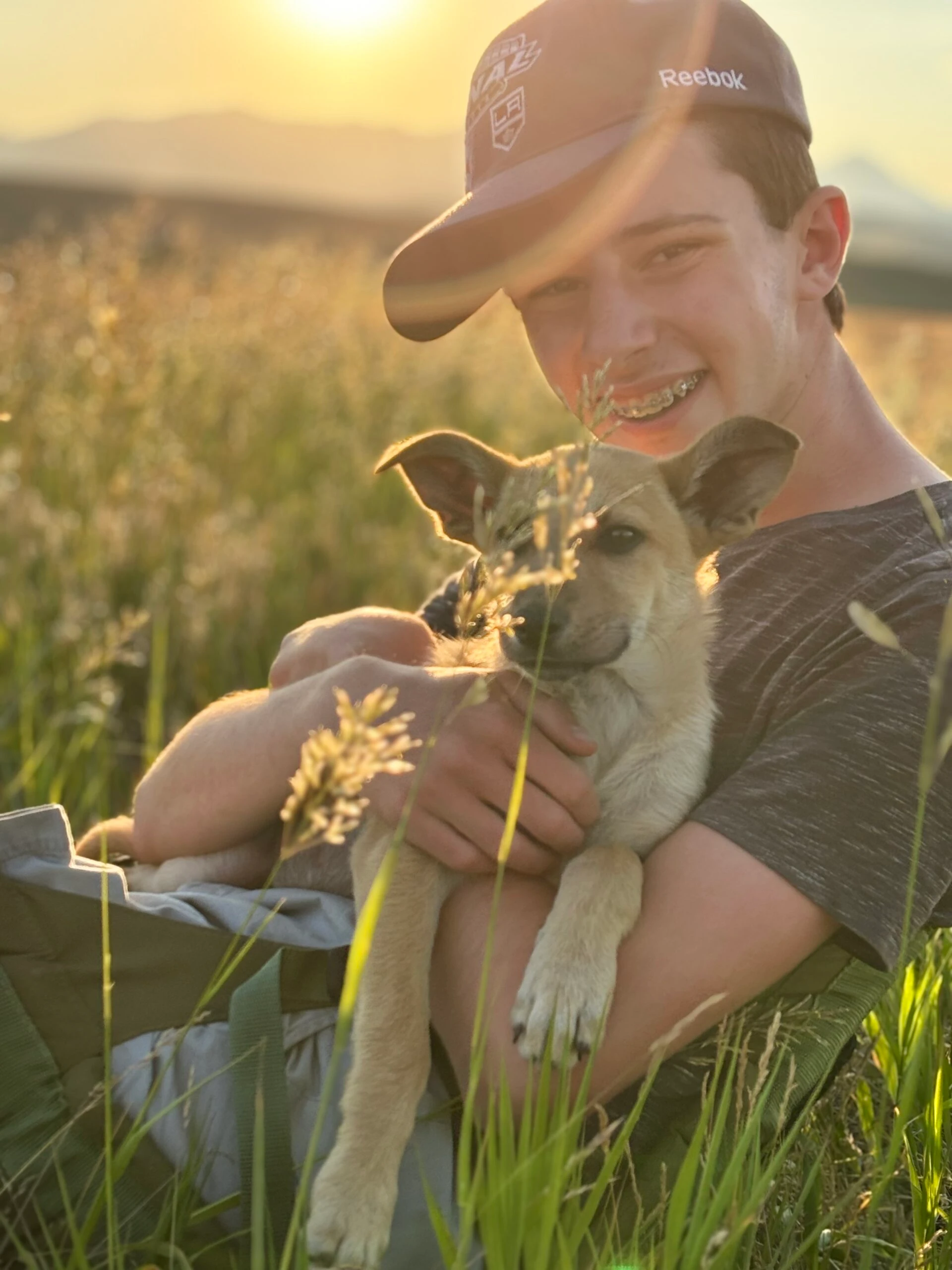
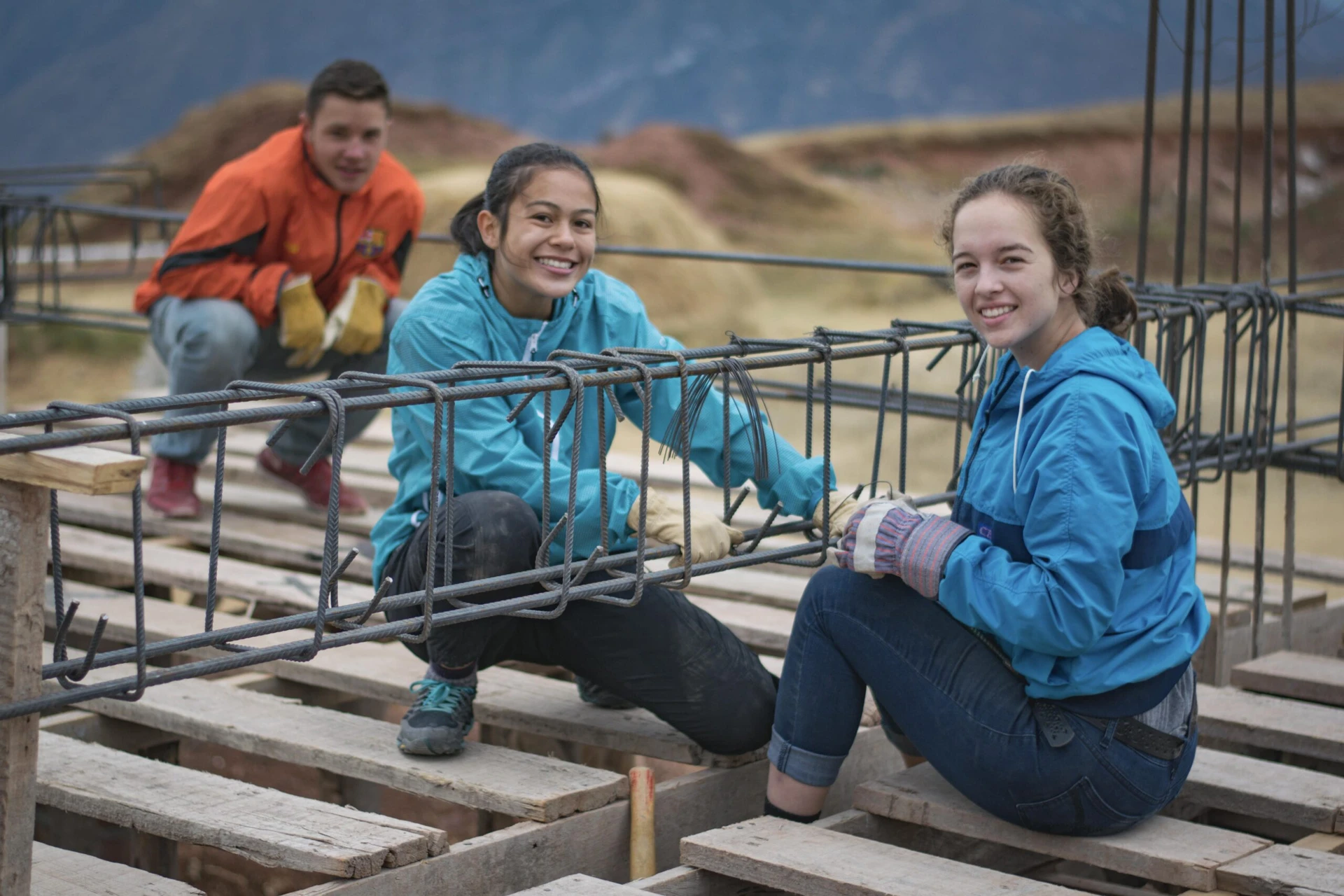
I was expecting to have an amazing summer, which I did, but I was not expecting to change as a person and gain a different view on the world—which I also did. I became stronger and I am ready for more of this in my life.
— Sophia M
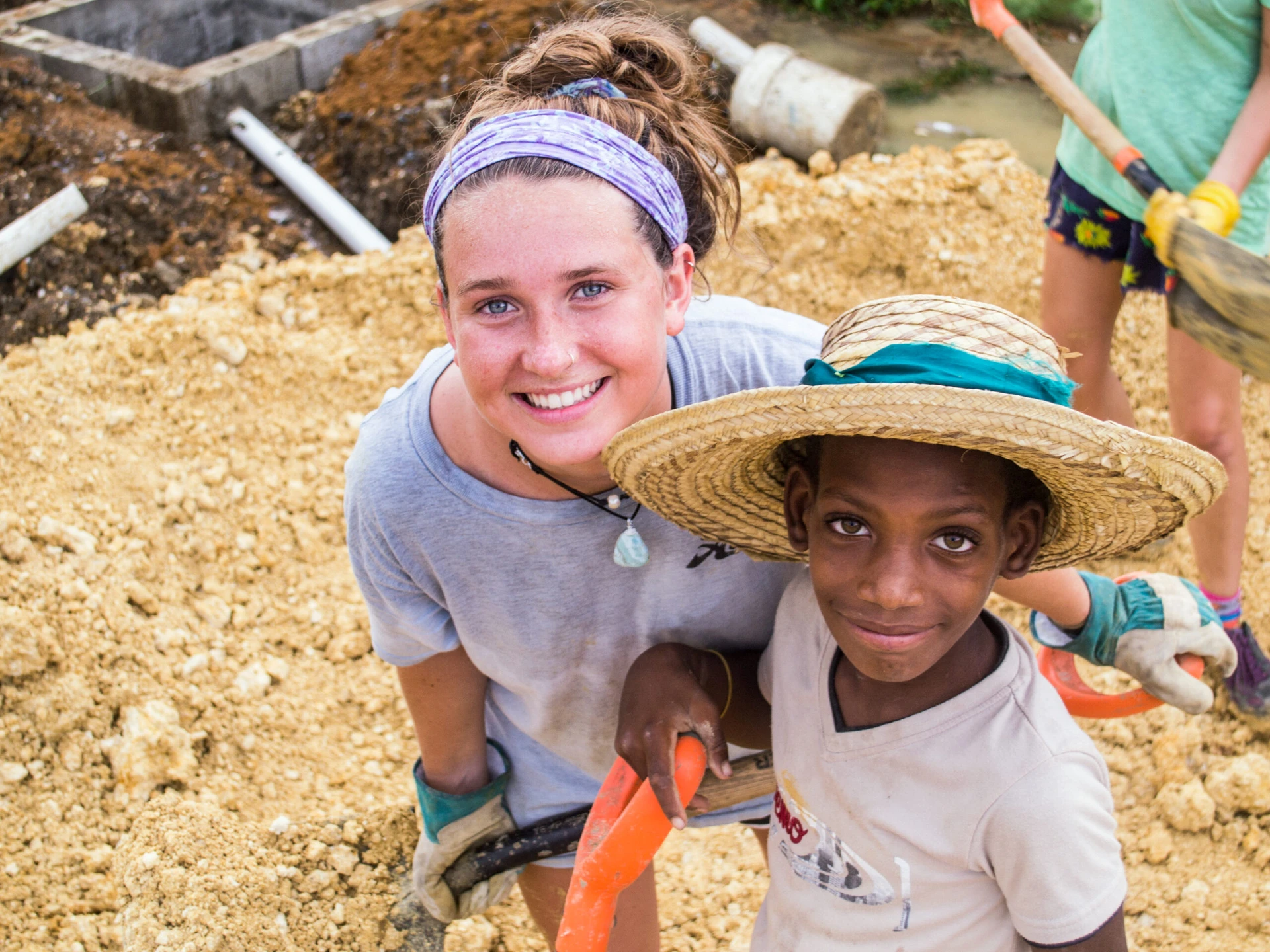
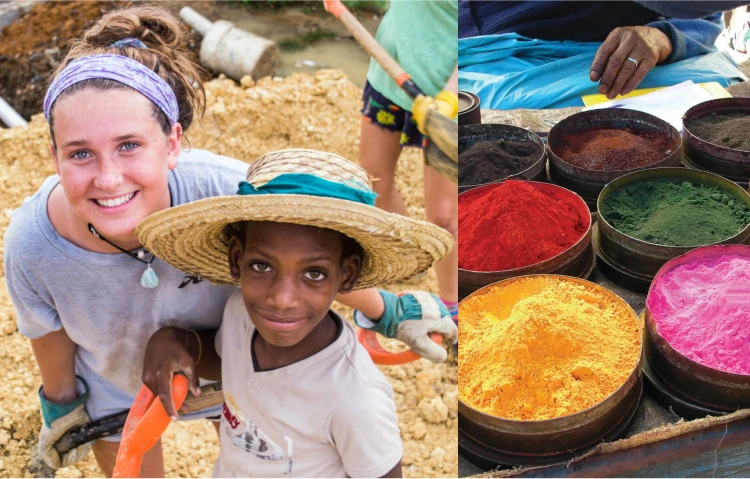
Tech-free Summer Programs
You are able to focus on the immediate experience—the people, sights, sounds and sensations of your program environment.
SERVICE TRIPS
Native America
Live on a gorgeous conservation ranch, complete important service projects, attend traditional ceremonies, go horseback riding, hiking, and more as you connect with the power of the Montana Blackfeet Indian Reservation.
Latino Caribbean
Immerse in one of the most vibrant cultures of the Western Hemisphere in true Dominican style—games with kids, practicing Spanish, going to the beach, and more. Build classrooms and run a children’s camp in the Dominican Republic.
Peruvian Andes
Experience South America’s Andes and ancient history at Machu Picchu and other Incan ruins. Work with indigenous farmers on water conservation projects, practice Spanish, attend artisan workshops, and so much more.


